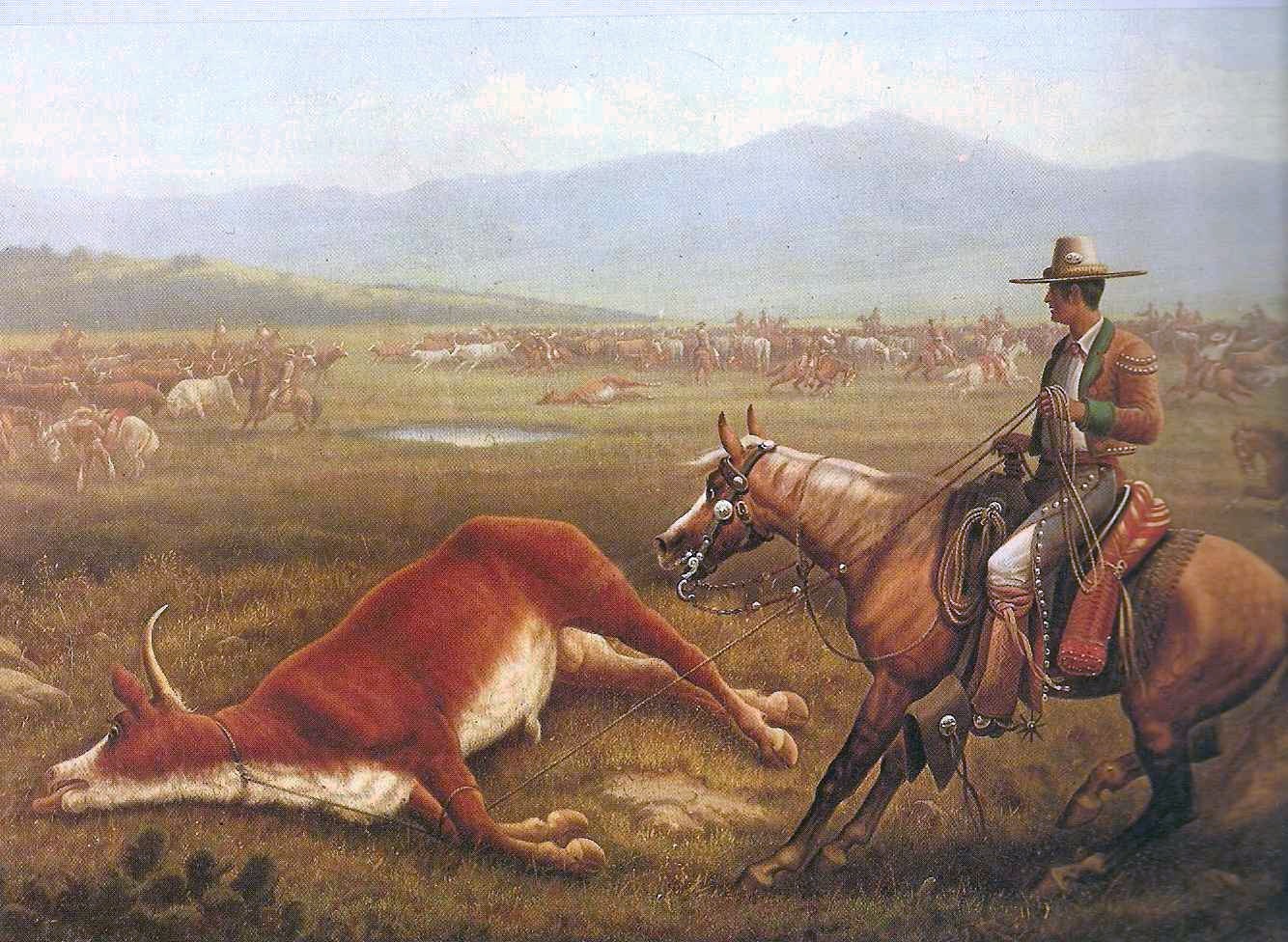Growing up in Southern California in the 40's and 50's, we studied a bit of California history. As school bored me, I spent a lot of time at the county museum, a number of parks such as Olvera Street and Cabrillo Beach, and mission San Gabriel as it was within a bike ride of where I lived.
The general theme was that the evil white man entered the pristine territory occupied by innocent natives and destroyed their way of life. The terrible Catholic priests lured them in and turned them into robotic slaves, taking away their idyllic life.
The Spanish and then the Mexicans despoiled the land, killing off the animals the natives had survived on, replacing them with thousands upon thousands of their own animals that denuded the grasses, depleting populations of deer, antelope, bears, and all other sorts of wildlife.
However, when I began to work on this Father Serra's Legacy series, I realized I owed it to my readers to be as accurate as possible – to show California as it was during the mission years.
I've cited numerous sources in the first three novels. But, as I came to the period of Mexican Independence and the change of California rule from Spain to Mexico, I realized I had much more research ahead of me. That is when I re-discovered the works of Hubert Howe Bancroft. His books are available online but I could not get my Adobe Reader to download the books in pdf format. That meant going to the full text mode to copy and past to my word processor. As indicated previously, that has turned out to be one of the more daunting tasks to date in writing the story.

However, after struggling through typos and computer-strange symbols, I have managed to make my way through more than one million, two hundred thousands words!
Now, what I learned all those years ago makes sense to me. Most of it was based upon the compilation of sources by a 19th Century American bigot and racist. His viewpoint was clear as follows:
The cursed underlings of the Roman Pope came to the New World with the goal of despoiling the savage natives' past to bring them under the banner of the Catholic church. To drive from them their heathen beliefs and customs, all the while removing their abilities to live in peace with their origins.
…..The evil warriors of European kings destroyed the beautiful culture brought into being through centuries of Satanic beliefs. Those not caught under the spell of the Papal legates were enslaved to work the land of huge estates created by the Conquistadors. All native wealth was stripped from the land and sent back to European royalty – the soldiers gathering some of the wealth for themselves.
…..European unsanitary ways brought horrible diseases which brought death to tens, if not hundreds, of thousands of innocent savages.
…..And this destruction was even worse in the land they called California as the poor natives still lived in the Stone Age, unfamiliar with even the most simple of modern - 18th Century – industry. They neither planted nor stored foodstuffs, living strictly on what was at hand.

And then, I read his view of the Hispano-Mexicans living in California called Californios.
They are ignorant and indolent. Both men and women are outstanding equestrians but the men will do no labor they cannot do from the back of a horse. They make the Indians in their service as peones do everything, giving them little or nothing in return but food and rags to wear. The women run the homes but use peones for all the hard work. And they breed beyond belief, women having 12 to 25 children.
….. Soldiers were also generally
uneducated. But, in order to be promoted to corporal, enlisted men
attended school to read those things necessary to perform their
duties. When being promoted to ensign or Alférez, they had to
undergo more schooling. Yet, several of the original explorers
attained the rank of captain with being able to read, write, or deal
with their accounts.
I have, hopefully, set the record
straight in Father Serra's Legacy and the reader will have a degree
of security that the various novels have been researched and are
accurate.


